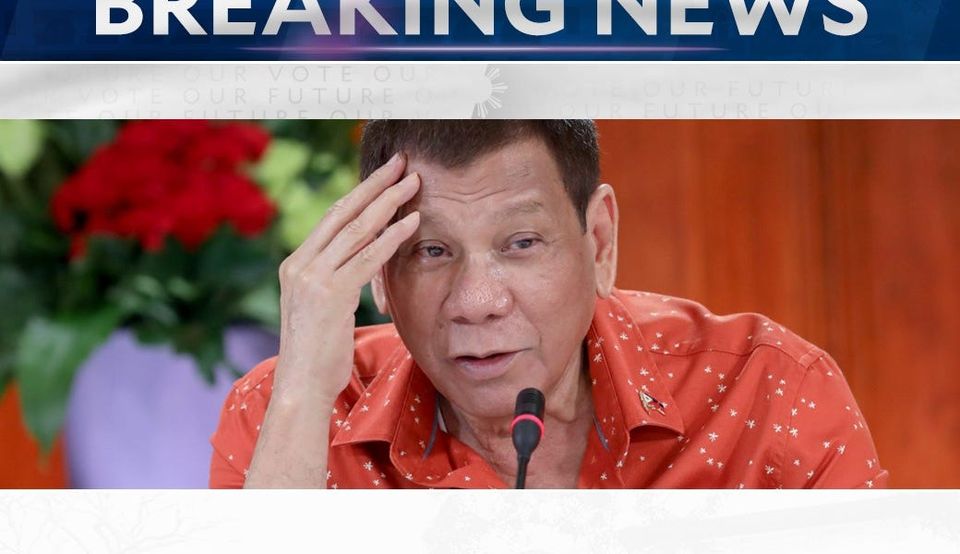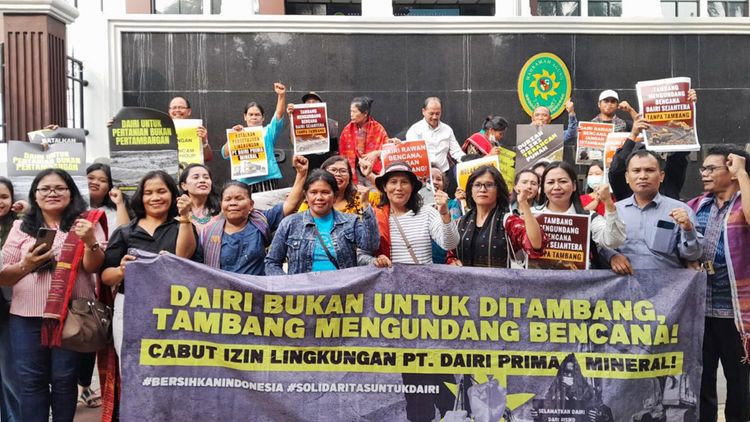Asia Undercovered Round-up: 16 Nov 2021

This week: Mining fails to enrich Mongolia, Duterte is back (again) and a successful grassroots effort protects a forest in Malaysia.
Undercovered last week
An investigation by Khaliun Bayartsogt for Nikkei Asia looks into how millions went missing during Mongolia’s mining boom, which was supposed to bring prosperity to the country, but instead only increased the wealth of the rich (a familiar story).
Another undercovered Asian natural disaster – this time, it is widespread flooding affecting the city of Chennai in South India, coming just a few years after similar devastating floods. Climate change is almost certainly a factor (Hariprasad Radhakrishnan, DowntoEarth).
In Malaysia, supposedly protected forest preserves in the southern state of Johor are being replaced with mines and oil palm plantations – increasing human-elephant conflicts and harming the country’s natural heritage, reports Yao-Hua Law for SCMP.
Terrible news as Thailand’s Constitutional Court ruled that even calling for a reform of the monarchy is akin to attempting to overthrow the government, severely limiting the potential for free speech and genuine democratic reforms (Prachatai)
Worth reading: Rassela Malinda writes on indigenous women in West Papua, including how land inheritance and control remains issues to this day. An insight into a region and people that rarely gets global attention.
And one of the Chinese journalists who first reported on the Covid-19 outbreak in Wuhan, is in prison and near death. Where’s the outrage?

Electoral Politics
The Philippines elections are not until May 2022, but they’re already heating up. One concern is that the ever-deteriorating space for press freedom could undermine democracy and entrench style violent populism (East Asia Forum)
And remember how Rodrigo Duterte was going to retire? Well, not so much, it seems…

Read more about Asia Undercovered. If you like it, please subscribe.

Geopolitics
China’s military is creeping, slowly, into Central Asia. Now, they’ll have a new base in Tajikistan, not far from the Afghanistan border, where there are major security concerns (RFERL).
Meanwhile, James Chin writes about the growing concern that democracy is backsliding all across Southeast Asia. He connects the military coup in Myanmar, growing repression in Thailand, and the tenacity of Dutertismo, putting the future of human rights and freedom at risk across the region (The Conservation).

Solutions Stories
Grassroots activism can achieve results – in Malaysia, concerns about a development plan that would harm the Kuala Langat North Forest Reserve resulted in the government backing down, and leaving this critical ecosystem, near the capital Kuala Lumpur, protected (Rachel Donald, Mongabay).
And according to this piece by Ian Lloyd Neubauer for Al Jazeera, Indonesia has been doing a remarkable job at restoring coral reefs – perhaps even providing a model for other countries seeking to protect or rehabilitate their marine ecosystems.

What I Wrote
Reporting on Asia is often silo-ed into beats or issues, which rarely overlap. I noticed this ahead of the COP26 Climate Conference. Articles on China’s coal or climate commitments rarely mentioned the human rights concerns, despite the obvious connection between environmental issues and people (such as forced labor in solar supply chains). So I wrote about it.
For World Politics Review I explored the fact that how democratic a country is doesn’t seem to be a factor at all at COP, despite the evidence that empowering communities is the key to addressing climate change.
My second piece takes a more focused approach – calling out global environmental groups for claiming to care about human rights alongside climate, but ignoring the atrocities taking place against Uyghurs, Tibetans, and Hong Kongers

Asia Undercovered: Weekly round-ups and in-depth analysis of the news, events, trends and people changing Asia, but not getting enough attention in the US media.





Member discussion